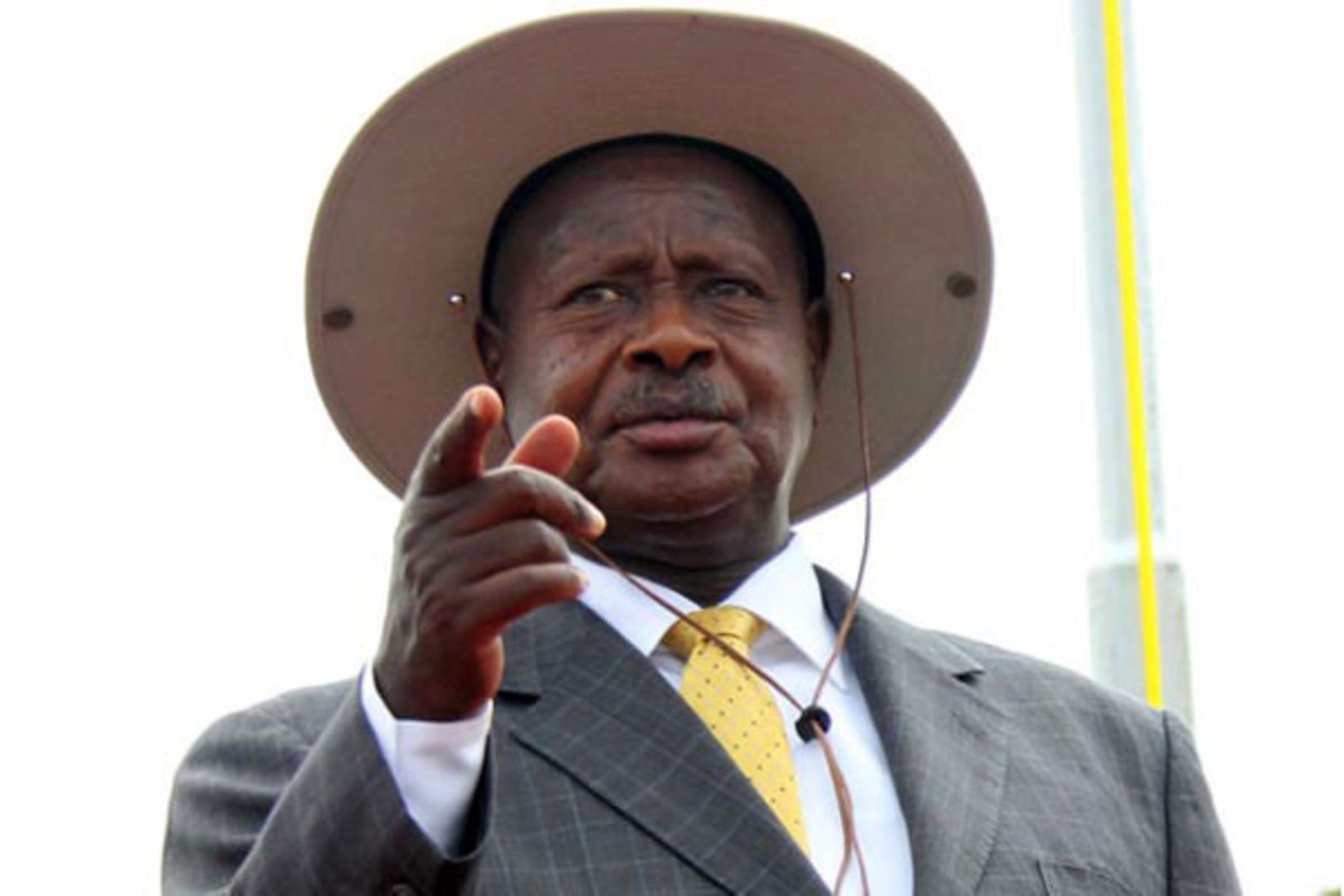In a move likely to stir further dissatisfaction among Ugandans already concerned about the size of their government, the number of Members of Parliament (MPs) is set to increase ahead of the 2026 general elections. Currently, Uganda has 553 MPs representing a population of 45.9 million, according to the 2024 census. This number will rise as the government moves to operationalize new cities in addition to the existing 10 and Kampala Capital City.
In 2020, Parliament approved the creation of 15 new cities under Article 179(1)(A) of the Constitution, which addresses the alteration of boundaries, and Section 7(2a) of the Local Governments Act CAP.243, which pertains to the declaration of cities. The cities were intended to become operational in phases, starting on July 1, 2020, and concluding in July 2023. The first phase included cities like Jinja, Mbarara, Gulu, Mbale, Arua, Fort Portal, and Masaka. A second phase, beginning July 1, 2021, included Hoima, Lira, and Soroti, while Entebbe City was scheduled to become operational on July 1, 2022. The final phase, planned for July 1, 2023, included Moroto, Nakasongola, Kabale, and Wakiso.
However, Entebbe, Moroto, Nakasongola, Kabale, and Wakiso have yet to become operational as cities. When Entebbe Municipality MP Michael Kakembo questioned Prime Minister Robinah Nabbanja about the delay, she confirmed that these cities would be operational by July 1, 2025. Nabbanja explained that the delay was due to the amendment of the Local Government Act Cap 138 in August 2020, which stipulated that new administrative units and local governments could only become operational six months before general elections. The Ministry of Local Government is currently conducting technical studies and consultations to prepare these cities for their official status, pending Cabinet approval.
The creation of these new cities will necessitate the establishment of new divisions or constituencies, each requiring parliamentary representation. The exact number of new constituencies will become clear as the operationalization process progresses.
Critics have voiced concerns over the growing cost of public administration in Uganda. Recently, the government added to this burden by appointing over 300 new assistant Resident District Commissioners (RDCs) in addition to the existing RDCs and their deputies.





